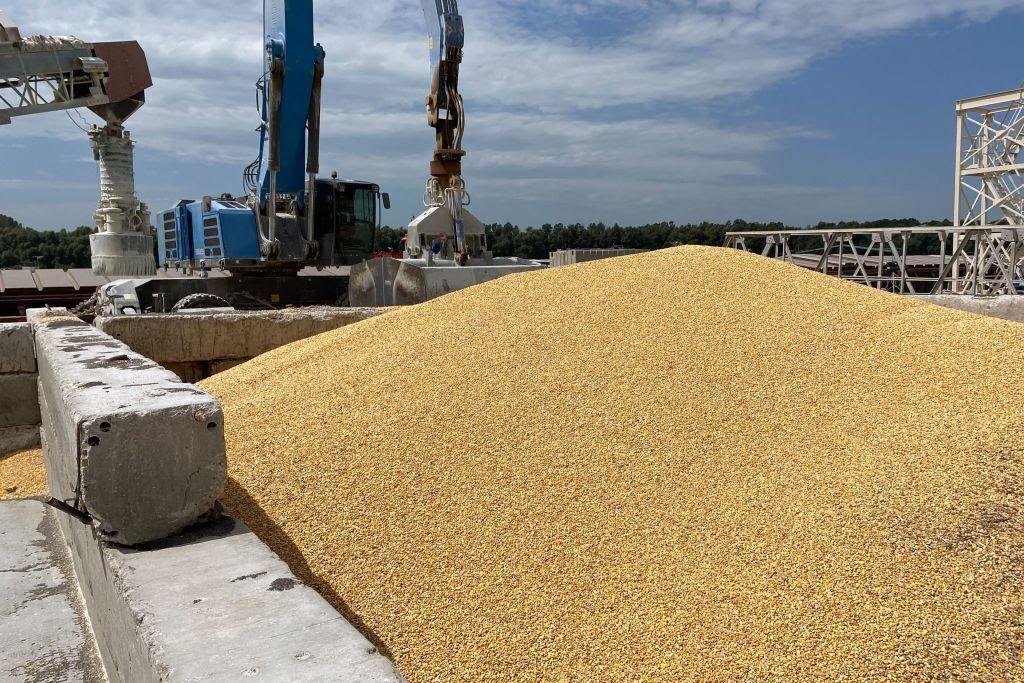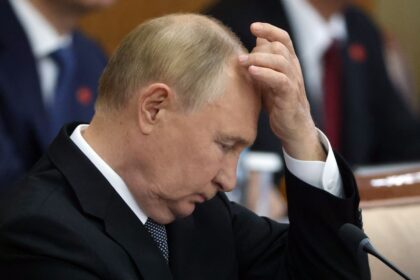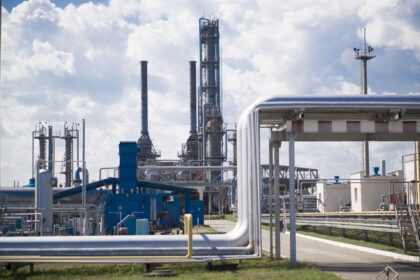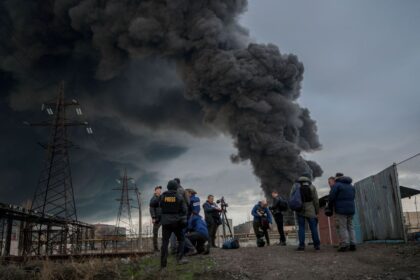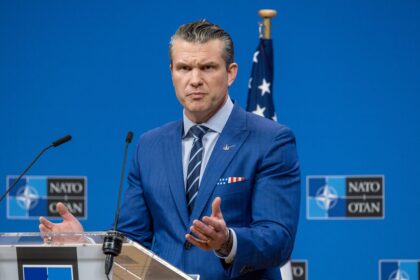**EU to Hike Tariffs on Ukrainian Imports Amid Poland’s Push**
The European Union is planning to increase tariffs on Ukrainian imports, a move that comes as a response to Poland’s demand for protection of European farmers. The EU had previously signed a duty-free regime deal with Ukraine in 2022 to help the country ship out its goods, primarily agricultural products, to global markets.
However, this move sparked protests among farmers across Europe, particularly in Poland. They complained that the influx of cheaper Ukrainian grain, poultry, eggs, and other products is pushing down prices and damaging their businesses. The Polish media reported in February that the EU does not plan to extend the preferential trade agreement framework in its current form past its June expiration date.
**Significant Reduction in Tariff-Free Quota**
According to the Financial Times, the subsequent transition period would significantly reduce the tariff-free quota for Ukrainian agricultural products, its key export commodity. This means that Ukraine will have to pay higher tariffs on its exports to the EU market, which could hurt the country’s economy.
The development comes as Polish truckers launched a brief blockade at one of Ukraine’s border crossings over what they see as unfair competition from Ukrainian carriers. This move is seen as an attempt by Poland to pressure the EU into taking action against Ukrainian imports.
**Polish Presidential Election**
It’s worth noting that this move also comes shortly before Poland’s presidential election, with the leading right-wing candidate, Karol Nawrocki, adopting increasingly harsh rhetoric toward Kyiv. The Polish government has been under pressure from its farmers and truckers to take action against what they see as unfair competition from Ukrainian carriers.
**Commentary**
The EU’s decision to hike tariffs on Ukrainian imports is a significant development that could have far-reaching consequences for Ukraine’s economy. While the move may be seen as a response to Poland’s demands, it also raises questions about the EU’s commitment to supporting Ukraine in its time of need.
As Martin Fornusek, a news editor at the Kyiv Independent, notes, “The EU’s decision to hike tariffs on Ukrainian imports is a classic example of protectionism. While it may be seen as a way to protect European farmers, it also raises questions about the EU’s commitment to supporting Ukraine in its time of need.”
**Deeper Analysis**
The EU’s move to increase tariffs on Ukrainian imports also highlights the complex relationships between trade, politics, and national interests. The EU’s decision is driven by domestic pressures from Poland and other member states, rather than a genuine concern for the well-being of Ukrainian farmers.
As Ukraine continues to navigate the aftermath of Russia’s full-scale war, it will be essential for the country to find new markets and develop new export strategies to ensure its economic stability. The EU’s decision to hike tariffs on Ukrainian imports may be seen as a short-term solution to Poland’s problems, but it could ultimately harm Ukraine’s economy in the long run.
Read More @ kyivindependent.com




